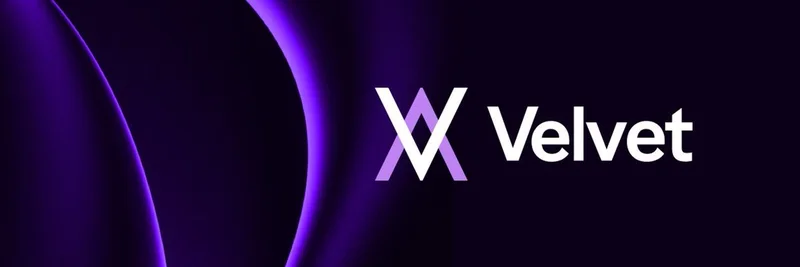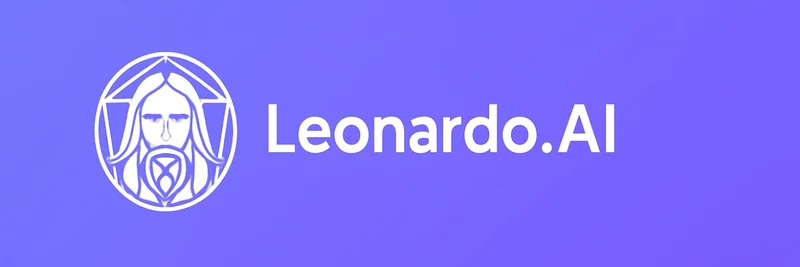Hey there, crypto enthusiasts! If you’ve been keeping an eye on the blockchain space, you’ve probably heard the buzz about the latest partnership between Solana, Anchorage Digital, and Jito Labs. Announced on July 1, 2025, this collaboration marks a huge milestone for Solana’s ecosystem, making it the first time a US federally chartered crypto bank has backed a liquid staking token (LST) like JitoSOL. Let’s dive into what this means and why it’s got everyone talking!
What’s the Big Deal?
So, what exactly happened? Anchorage Digital, the only US federally chartered crypto bank, has teamed up with the Jito Foundation to integrate support for JitoSOL, Solana’s leading LST. This means institutions and SOL holders can now custody, mint, and redeem JitoSOL directly through Anchorage’s platform. Plus, with the upcoming support for Porto—Anchorage’s self-custody wallet—this move is set to make liquid staking more accessible than ever.
For those new to the term, liquid staking lets you stake your SOL (Solana’s native cryptocurrency) to earn rewards without locking up your funds. JitoSOL takes it a step further by adding Maximal Extractable Value (MEV) rewards, which come from optimizing transaction ordering on the blockchain. This partnership essentially bridges the gap between traditional finance and decentralized finance (DeFi), offering a secure way for institutions to dip their toes into the crypto waters.
Why Solana Stands Out
Solana’s appeal lies in its lightning-fast transaction speeds and super-low costs—think less than $0.01 per transaction! This makes it a perfect fit for liquid staking and DeFi applications. Before this partnership, institutions faced a tough choice: stake SOL directly (which locks up capital and can get complicated) or use LSTs (which lacked proper custody solutions). Now, with Anchorage’s institutional-grade custody, JitoSOL solves both problems, keeping SOL liquid while raking in staking and protocol revenue.
The Institutional Angle
This move could be a game-changer for Solana’s adoption by regulated financial entities. By having a federally chartered bank like Anchorage on board, JitoSOL gains a level of legitimacy that could attract more institutional investors. It’s also a step toward meeting the needs of modern exchange-traded funds (ETFs) and other regulated financial products, as noted by Thomas Uhm, Chief Commercial Officer at Jito Foundation.
But it’s not all smooth sailing. Anchorage’s centralized role and Solana’s past network outages (remember those 2021-2022 hiccups?) raise some eyebrows. Reliability and decentralization are big deals in the crypto world, especially for regulated markets. Plus, with the US Securities and Exchange Commission (SEC) still figuring out its stance on tokenized assets, regulatory clarity might take time to catch up.
What’s Next?
This partnership is a bold step toward blending traditional banking with the wild world of Web3. It opens the door for broader adoption, but the real impact will depend on how regulators respond. Will this be the push Solana needs to solidify its place in institutional DeFi? Only time will tell!
For now, keep an eye on meme-insider.com for the latest updates on meme tokens and blockchain tech. We’re here to help you navigate this exciting space and level up your crypto knowledge. What do you think about this partnership? Drop your thoughts in the comments below!


